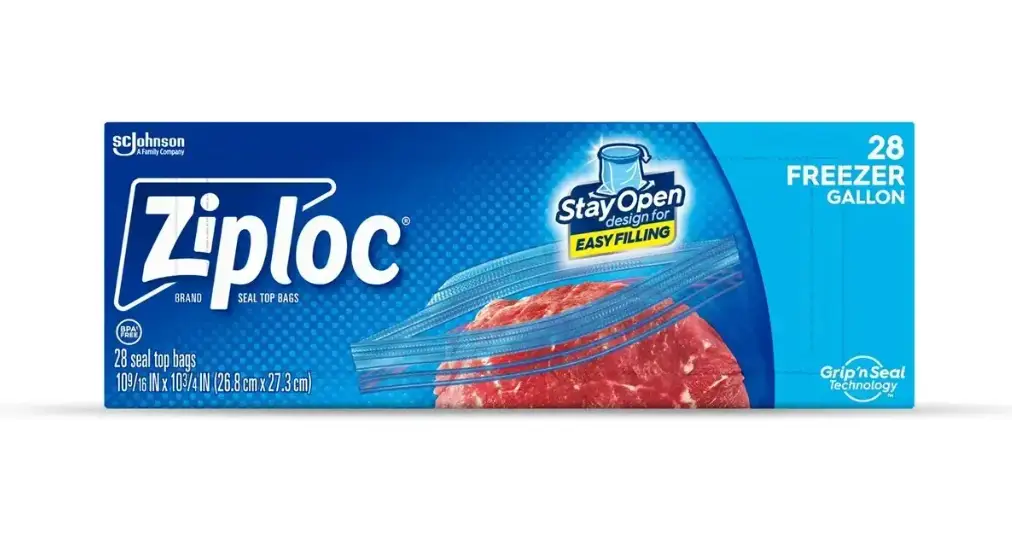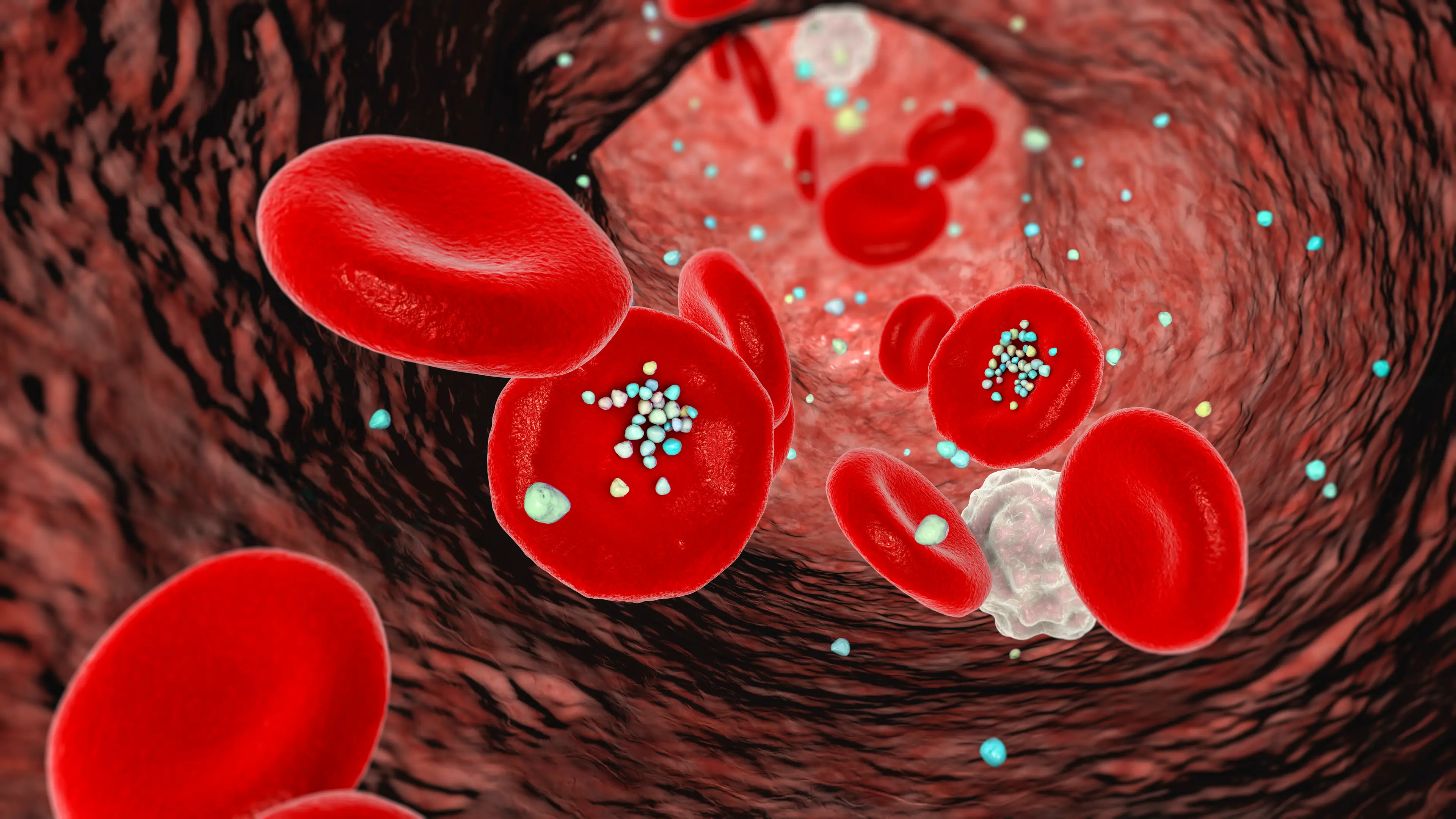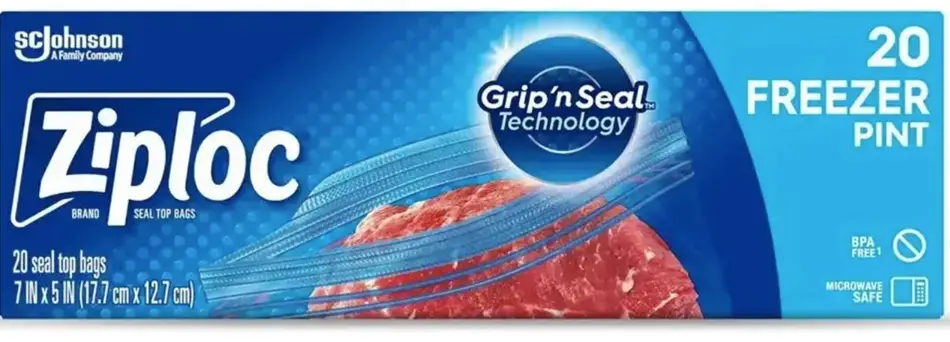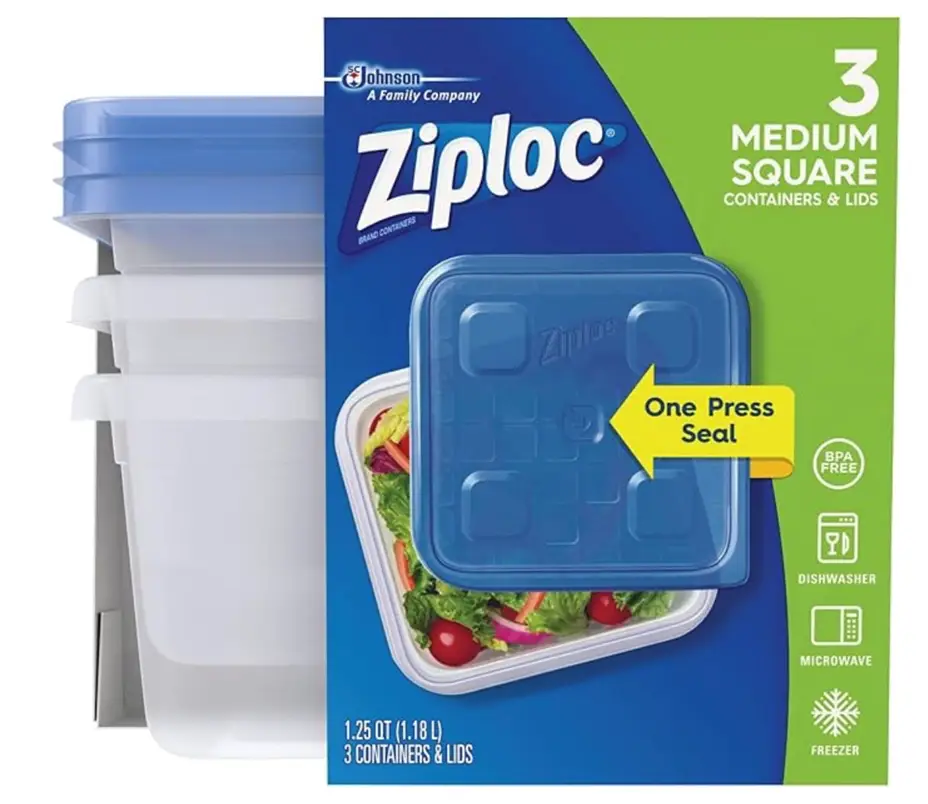The company behind Ziploc has responded to a lawsuit alleging several items marketed as being safe to freeze and microwave don't adequately 'warn' about the potential dangers of doing so.
On April 25, a class-action lawsuit was filed against SC Johnson & Son, Inc - the makers of Ziploc - by California resident Linda Cheslow and proposes the class consists of 100 or more members.
The lawsuit accuses SC Johnson of 'violation of unfair competition law, violation of false advertising law, violation of consumers' legal remedies act' and 'unjust enrichment'.
To put it more simply, the lawsuit claims certain Ziploc products marketed as safe to put in the microwave or freezer, ultimately, aren't.
The suit alleges when frozen or microwaved, some of Ziploc's products actually release microplastics which could pose a threat to consumers' health and so are 'fundamentally unfit' to be used as advertised.
However, SC Johnson has since spoken out denying the lawsuits claims as being 'without merit'.
Ziploc has found itself drawn into a lawsuit (Ziploc) What are microplastics?
The lawsuit claims various Ziploc 'bags and containers' are marketed as 'Microwave safe' and suitable for 'Freezer use' when 'in reality', the products contain 'polyethylene and polypropylene' which, when microwaved and frozen, 'release microplastics'.
Microplastics are tiny plastic particles and there's been growing concern as to the potential effects they may have on not only the environment and animals but humans too.
"Some products release as many as 4.22 million microplastic and 2.11 billion nanoplastic particles from only one square centimeter of plastic area within three minutes of microwave heating," the lawsuit alleges.
And when it comes to freezing? Well, it continues: "Freezing temperatures can alter the physical properties of plastic, making it brittle and more prone to fragmentation.
"This weakened structure increases Products’ susceptibility to further degradation, especially when subjected to reheating in a microwave. [...] Freezing exacerbates this issue, and when combined with reheating—particularly microwaving, which has been shown to release the highest levels of microplastics—these risks are further amplified. "
But what are the specific concerns when it comes to microplastics?
There are concerns over how microplastics can impact our health (Getty Stock Images) Why microplastics may pose a threat to our healths
PennState Institute of Energy and the Environment states: "Microplastics in the blood vessels have raised concerns, which include increased risk of heart attack, strokes, inflammation, and blood clotting.
"The chemicals in microplastics have been linked to various health issues, including cancer, immune system damage, reproductive problems, and developmental delays."
The lawsuit subsequently resolves Ziploc products that allegedly contain such microplastics are 'fundamentally unfit for microwave and freezer use' and subsequently their marketing is a 'misrepresentation'.
Not only this but it argues because of this, 'individuals have unwittingly exposed themselves and their families to undisclosed microplastics during routine kitchen practices,' as a result of Ziploc allegedly not providing a 'warning' about such a risk 'despite its knowledge of this fact'.
"Defendant has compromised its Products’ integrity for profit and to gain an unfair competitive edge in the marketplace," it adds.
But which products are supposedly being falsely advertised and are allegedly potentially dangerous?
A spokesperson from SC Johnson said the lawsuit is 'without merit' (Ziploc) The products mentioned in the lawsuit
While noting these aren't the only ones which allegedly risk being contaminated with microplastics, the suits lists the following Ziploc products:
- Ziploc Freezer Bags Pint/Small
- Ziploc Freezer Bags Quart/Medium
- Ziploc Freezer Bags Gallon/Large
- Ziploc Slider Freezer Bags Quart/Medium
- Ziploc Slider Freezer Gallon/Large Bags
- Ziploc Slider Storage Bags Quart/Medium
- Ziploc Slider Storage Bags Gallon/Large
- Ziploc Container
However, SC Johnson has since responded to the lawsuit, providing a statement to Women's Health.
The lawsuit lists several Ziploc items (Ziploc) SC Johnson's response to the Ziploc lawsuit accusations
Online, the company doesn't specify in great detail what its bags and 'Endurables' line are made of, but it does note they're made without BPA or phthalates.
A spokesperson for SC Johnson told UNILAD: "We believe Ziploc products are safe when used as directed and that the lawsuit is without merit.
Microplastics have unfortunately become pervasive in our environment — in the food we eat, the water we drink, and the air we breathe, and they come from many sources.
"For families concerned about these issues, we share the concern and have been working for years to raise awareness, push for global plastic regulation, and invest in smarter solutions."
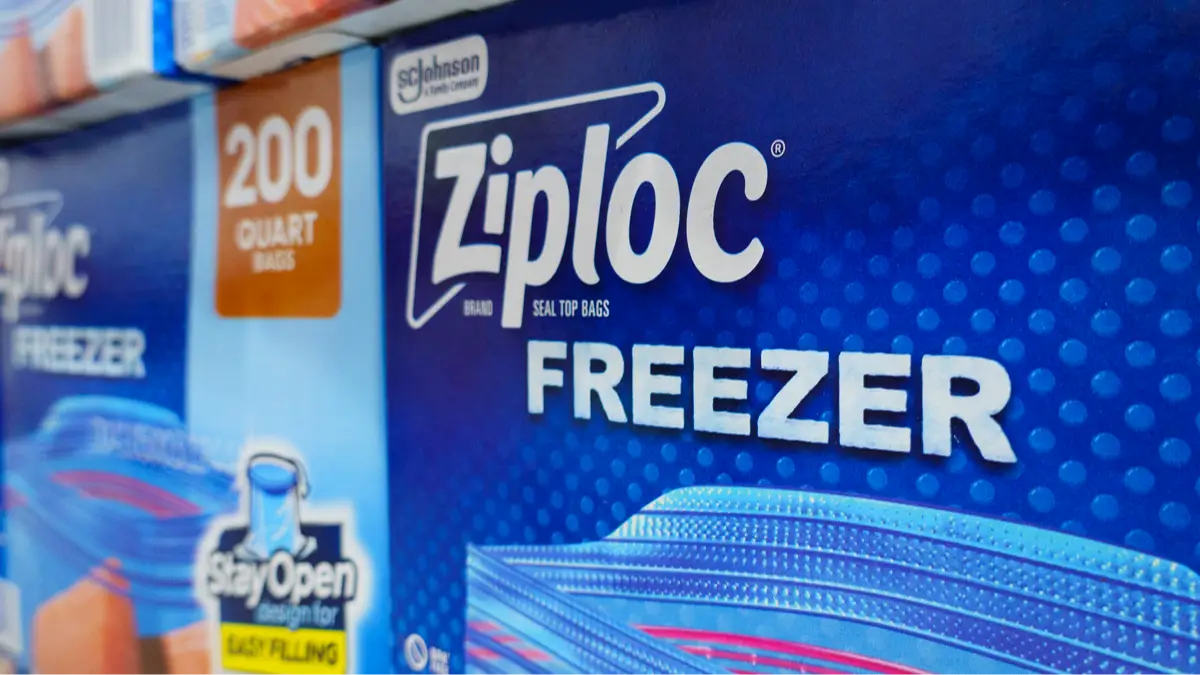
 Poppy Bilderbeck
Poppy Bilderbeck